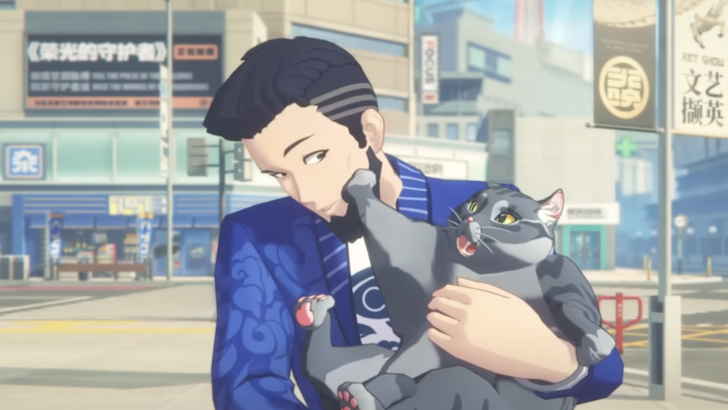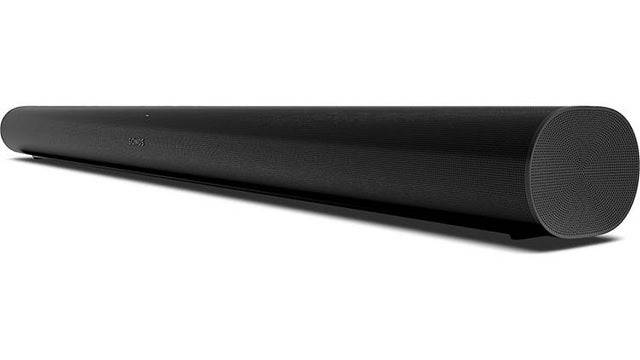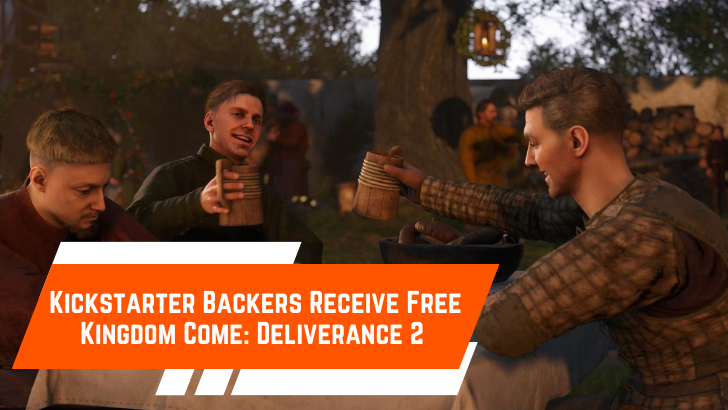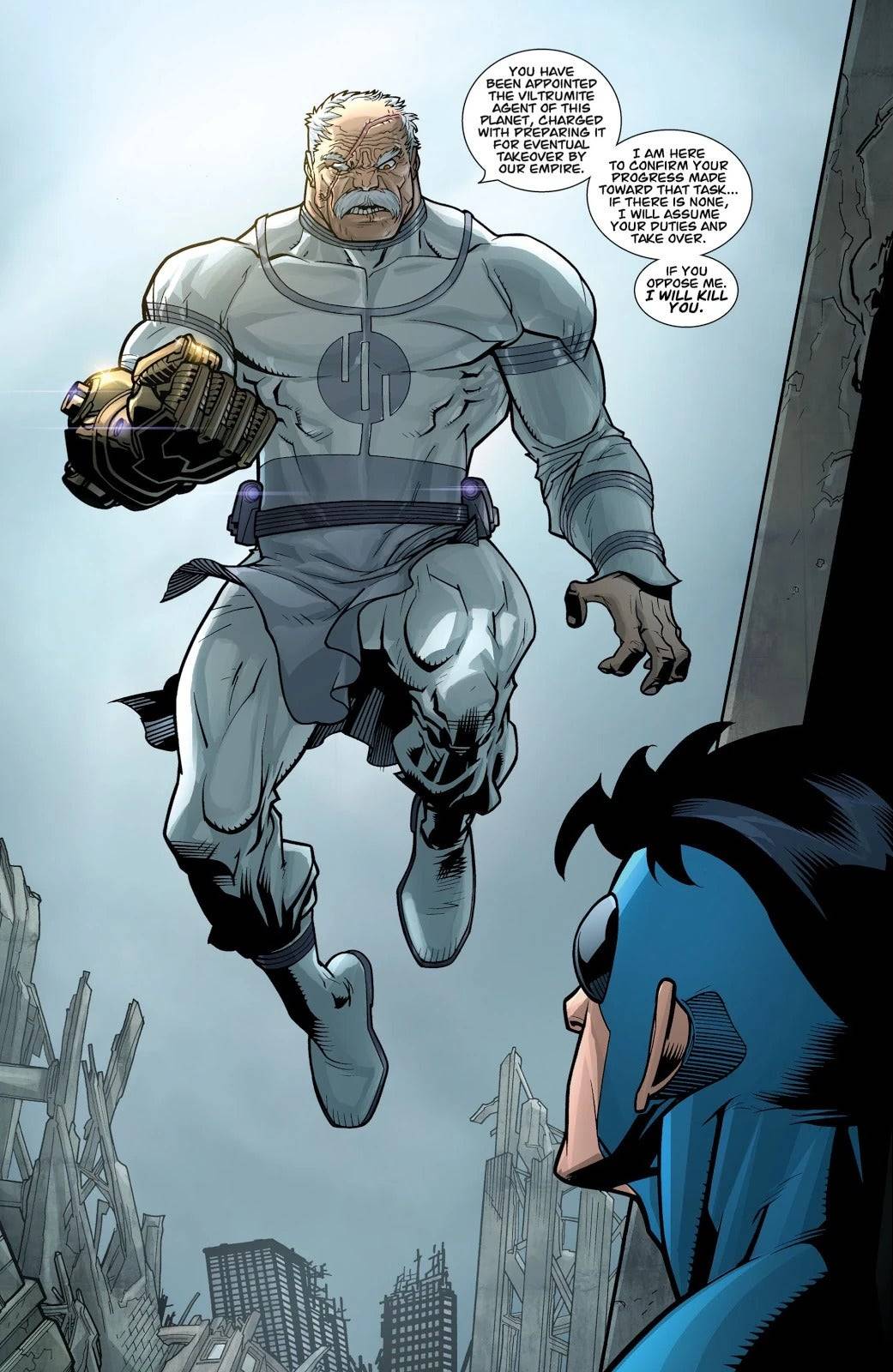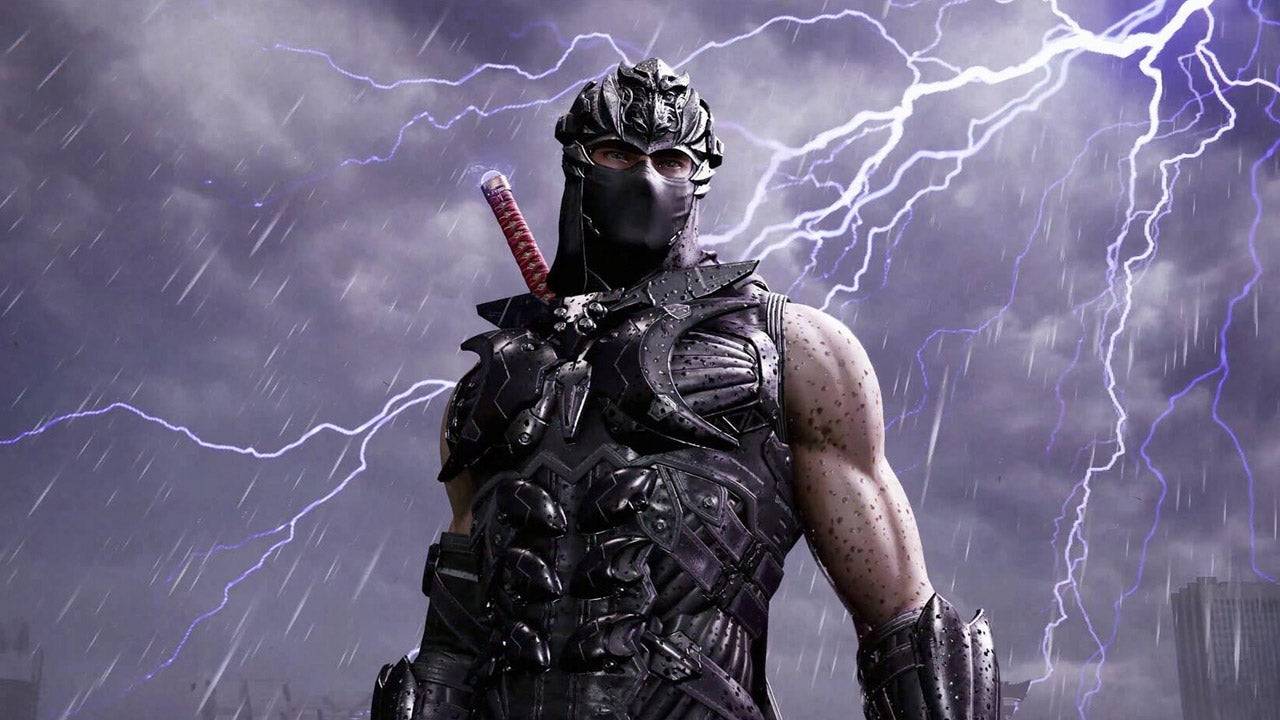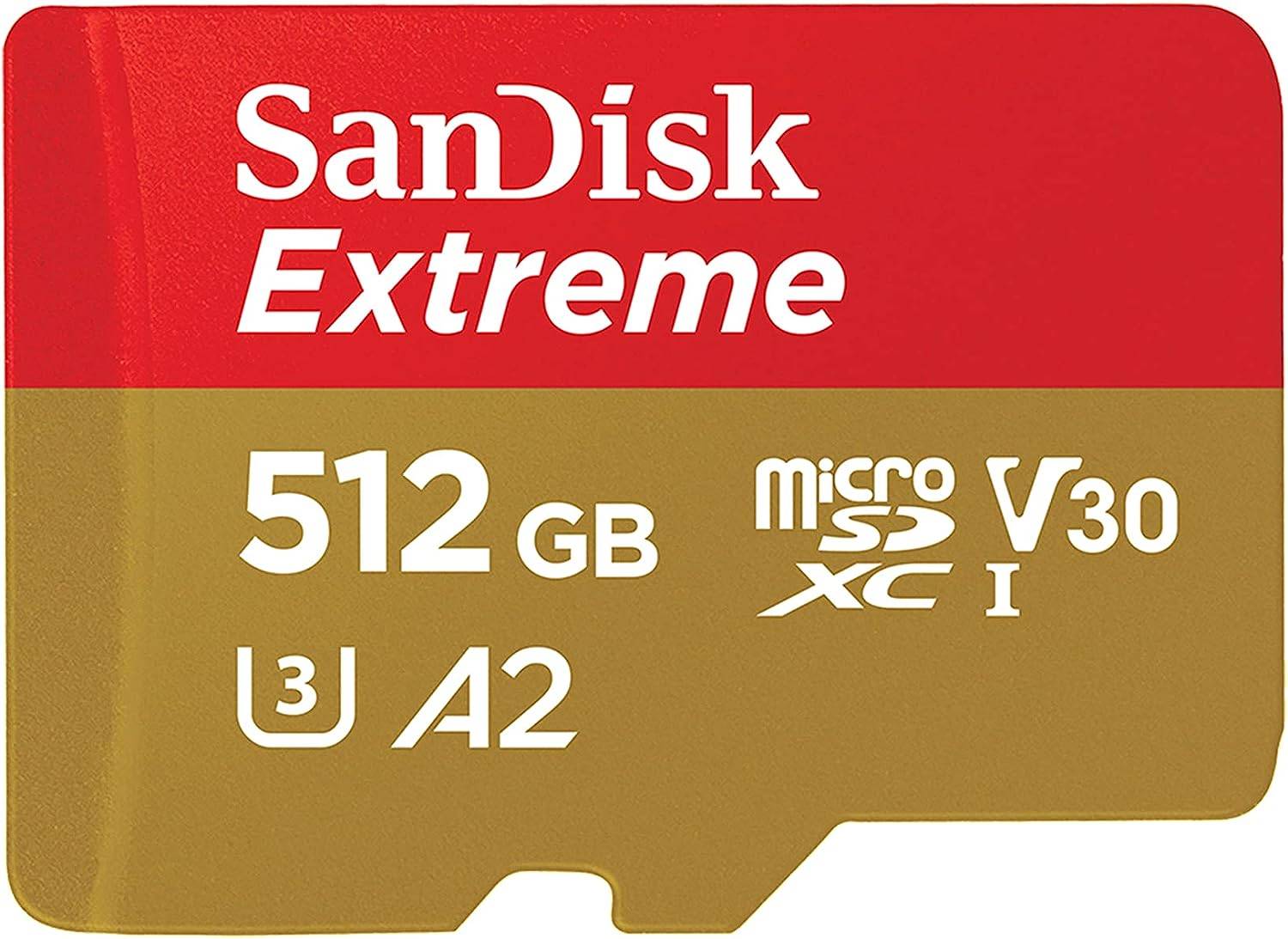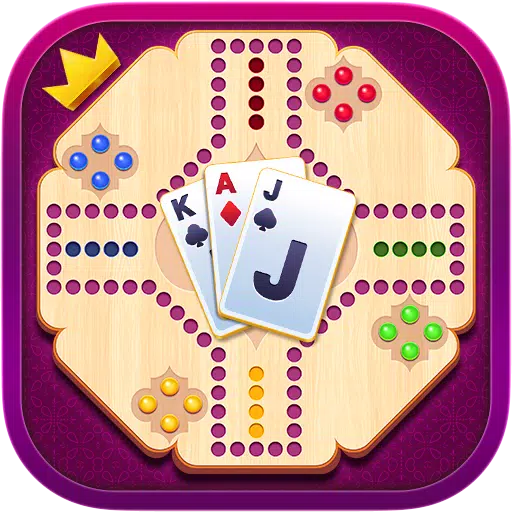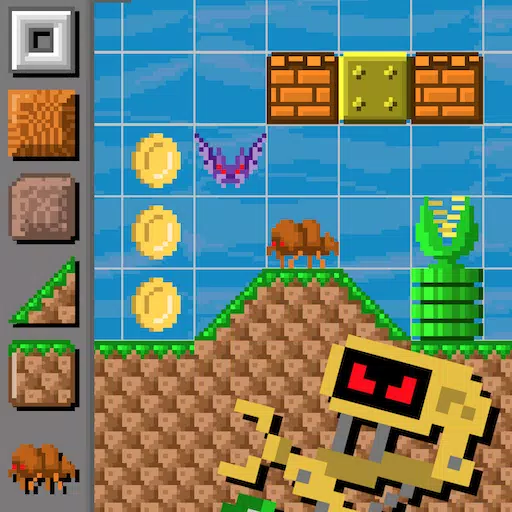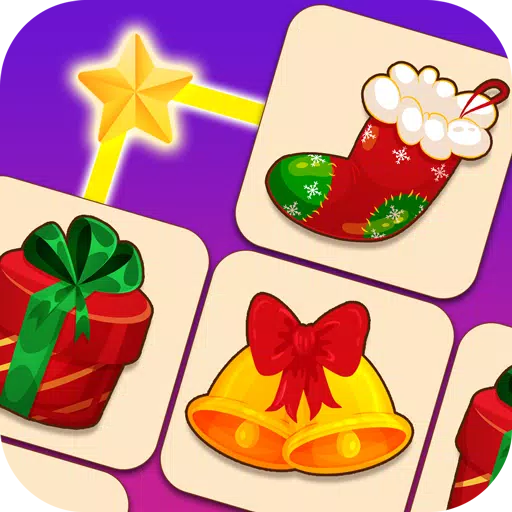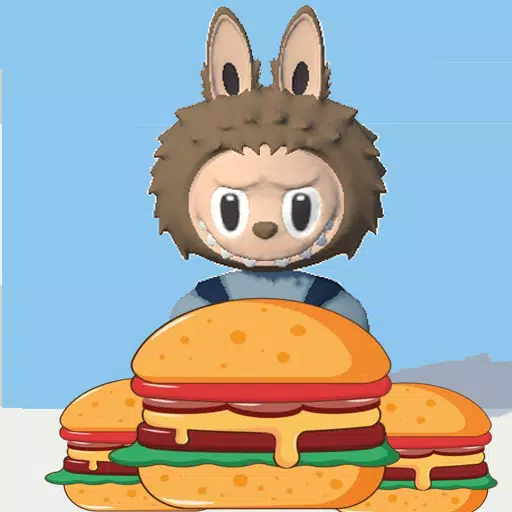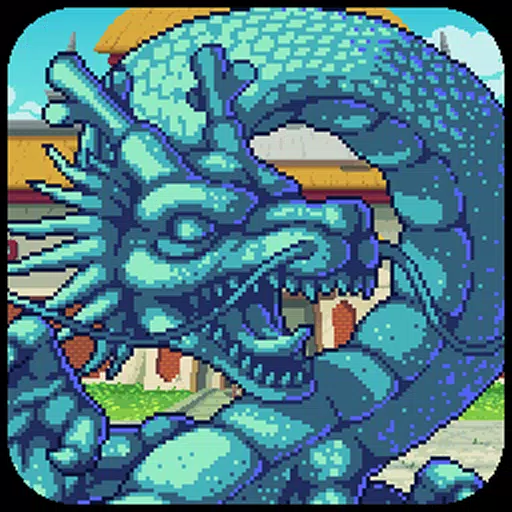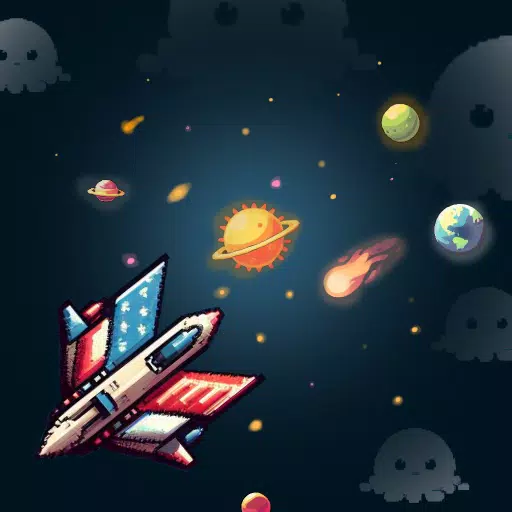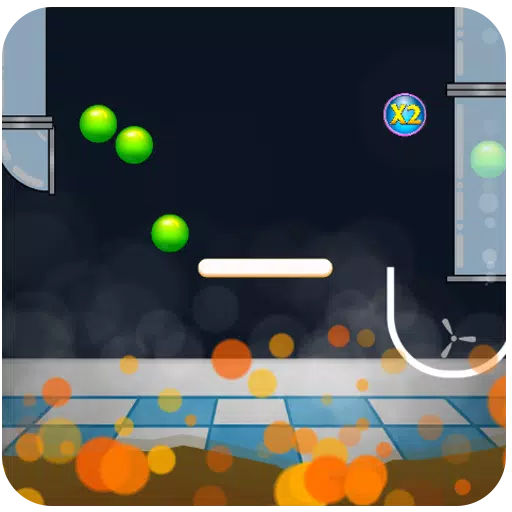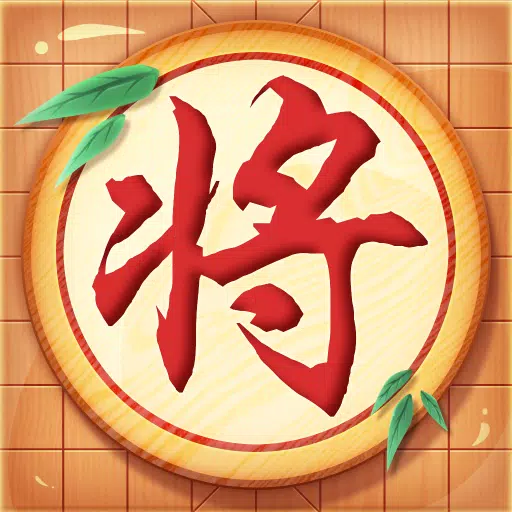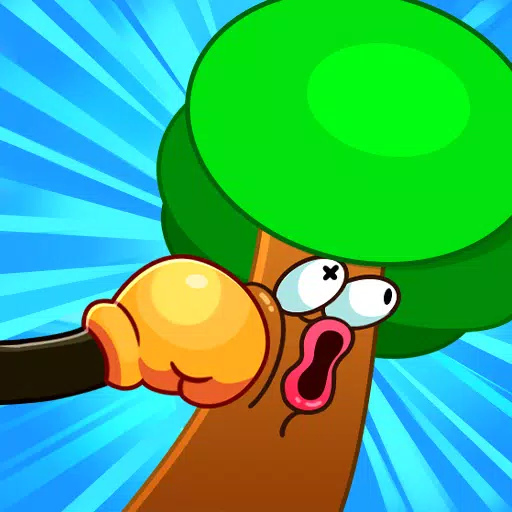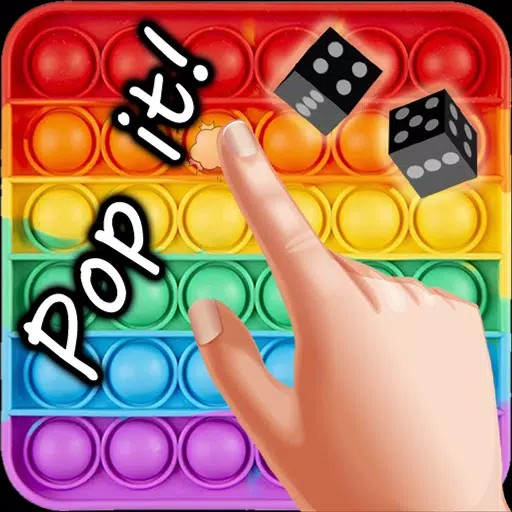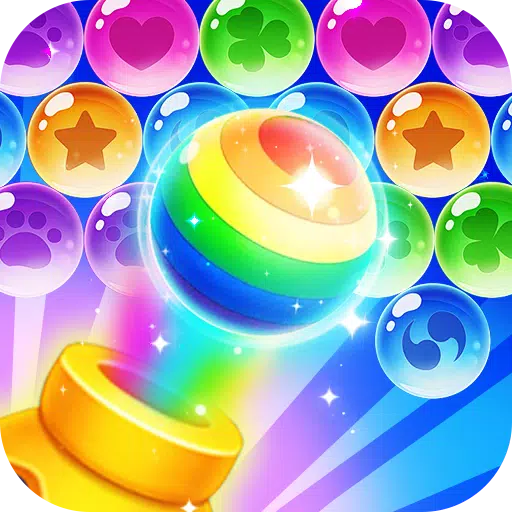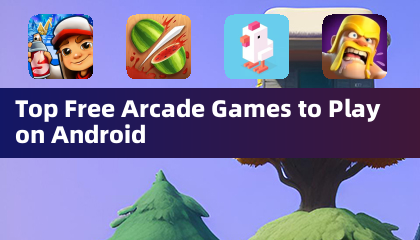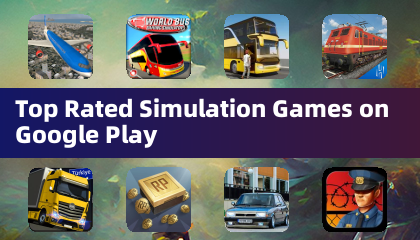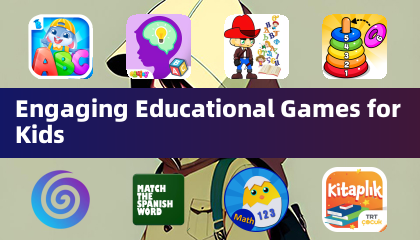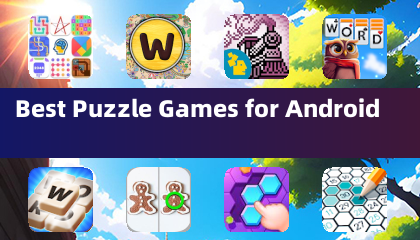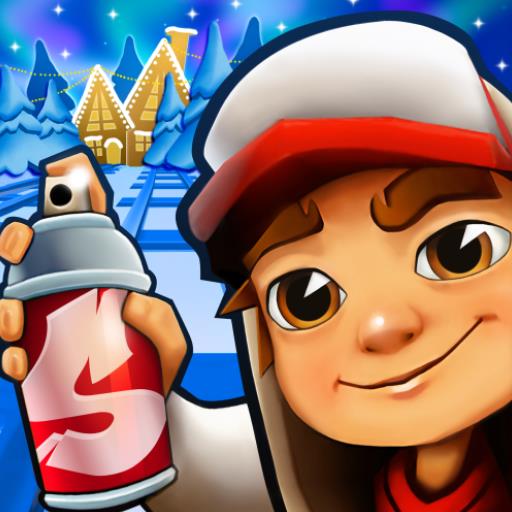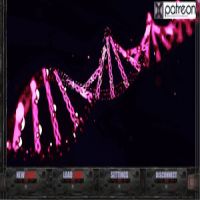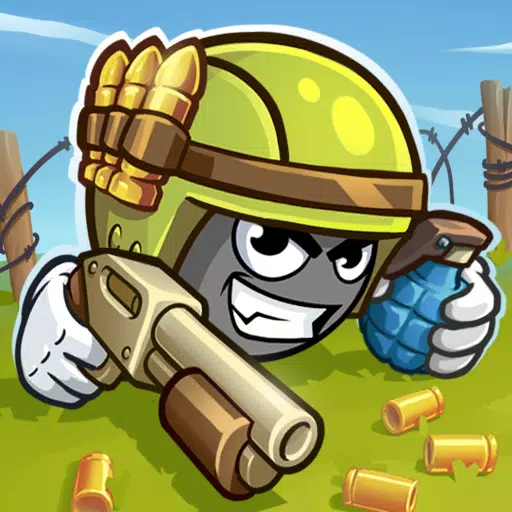Pokémon TCG Pocket's Space Time Smackdown Expansion: A Detailed Look
Pokémon TCG Pocket has launched its latest major update, introducing the Space Time Smackdown expansion based on Pokémon Diamond and Pearl. This expansion, available in Dialga and Palkia-themed booster packs, features 207 cards, a smaller count than Genetic Apex but boasting a higher percentage of rare cards (52 alternate art Star and Crown rarity cards compared to Genetic Apex's 60). The actual card count, excluding alternate arts, is 155.
Alternate Art 'Secret' Cards in Space Time Smackdown
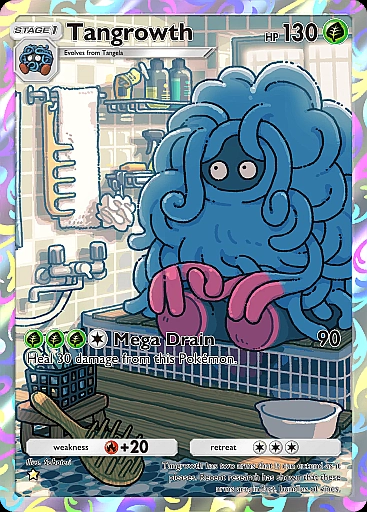
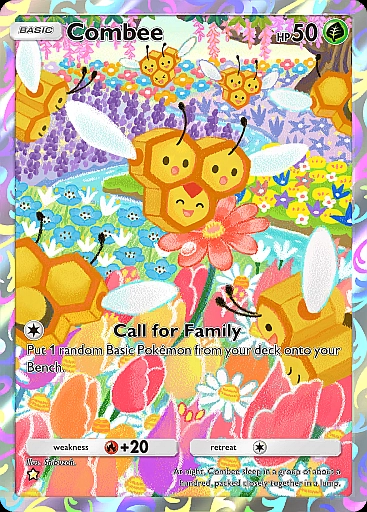 52 Images
52 Images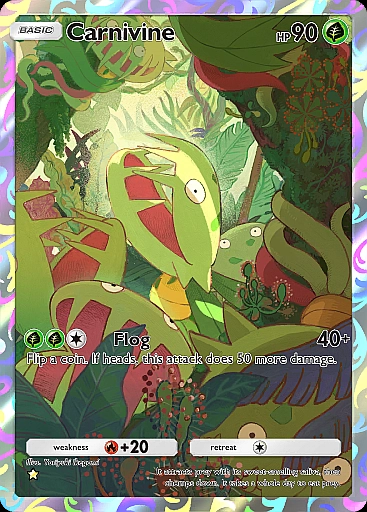
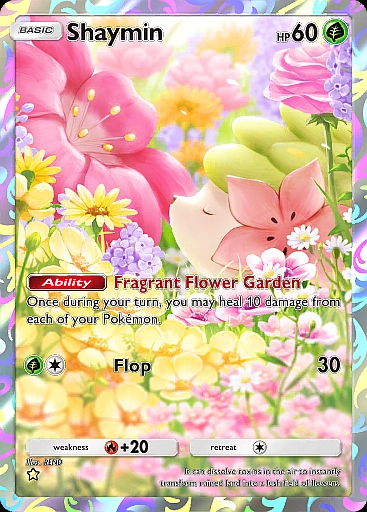
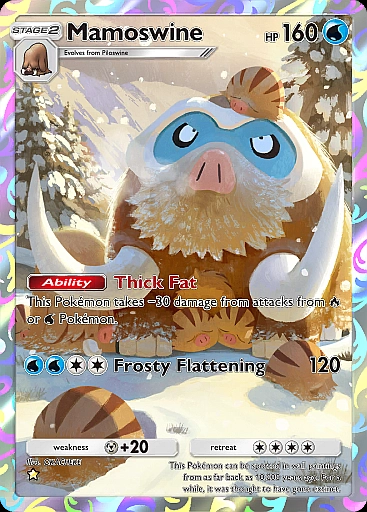
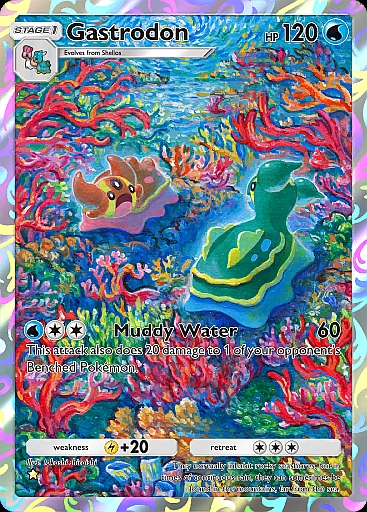
The expansion includes 10 new ex Pokémon: Yanmega, Infernape, Palkia, Pacharisu, Mismagius, Gallade, Weavile, Darkrai, Dialga, and Lickilicky, representing every Pokémon type except Dragon (Darkness receives two).
A significant addition is the introduction of Pokémon Tool cards: Giant Cape (+20 HP), Rocky Helmet (deals 20 HP to opponent on damage), and Lum Berry (removes status conditions).
New Battles and Multiplayer Implications
Space Time Smackdown introduces new Solo Battles across Intermediate, Advanced, and Expert tiers, featuring Pokémon like Dialga ex, Palkia ex, and others. Multiplayer meta shifts are anticipated, with cards like Infernape ex (140 damage for two Fire Energy) and Palkia ex (150 damage plus 20 to benched Pokémon) posing significant threats. Dialga ex is a major boost for Steel-type decks.
Missions and Rewards
New missions, similar to previous iterations, reward Pack Hourglasses, Wonder Hourglasses, Emblem Tickets, and more. The absence of Trading Tokens is notable, though a "Trade Feature Celebration Gift" provided 500 Tokens and 120 Trade Hourglasses.
New shop items include Dialga and Palkia album covers and a Lovely Hearts backdrop, plus a Cynthia-themed Poké Gold bundle.
The Trading Controversy
The recent trading update remains controversial due to the implementation of Trade Tokens, required for trading cards of 3 Diamonds or higher. Acquiring these tokens necessitates selling cards, creating a system players deem inefficient and frustrating. The cost of trading high-rarity cards is disproportionately high compared to the tokens obtained from selling them, leading to significant player backlash.

